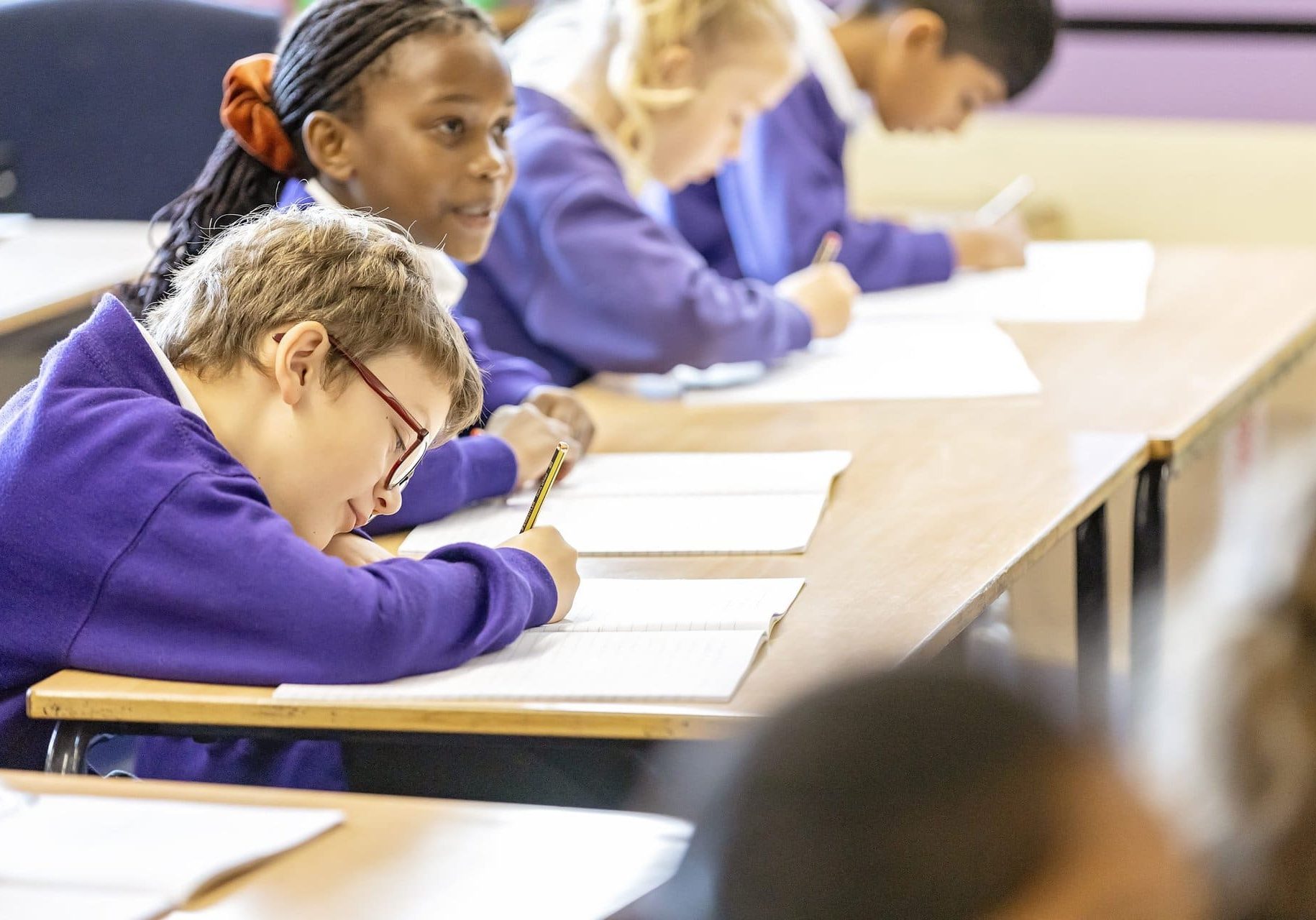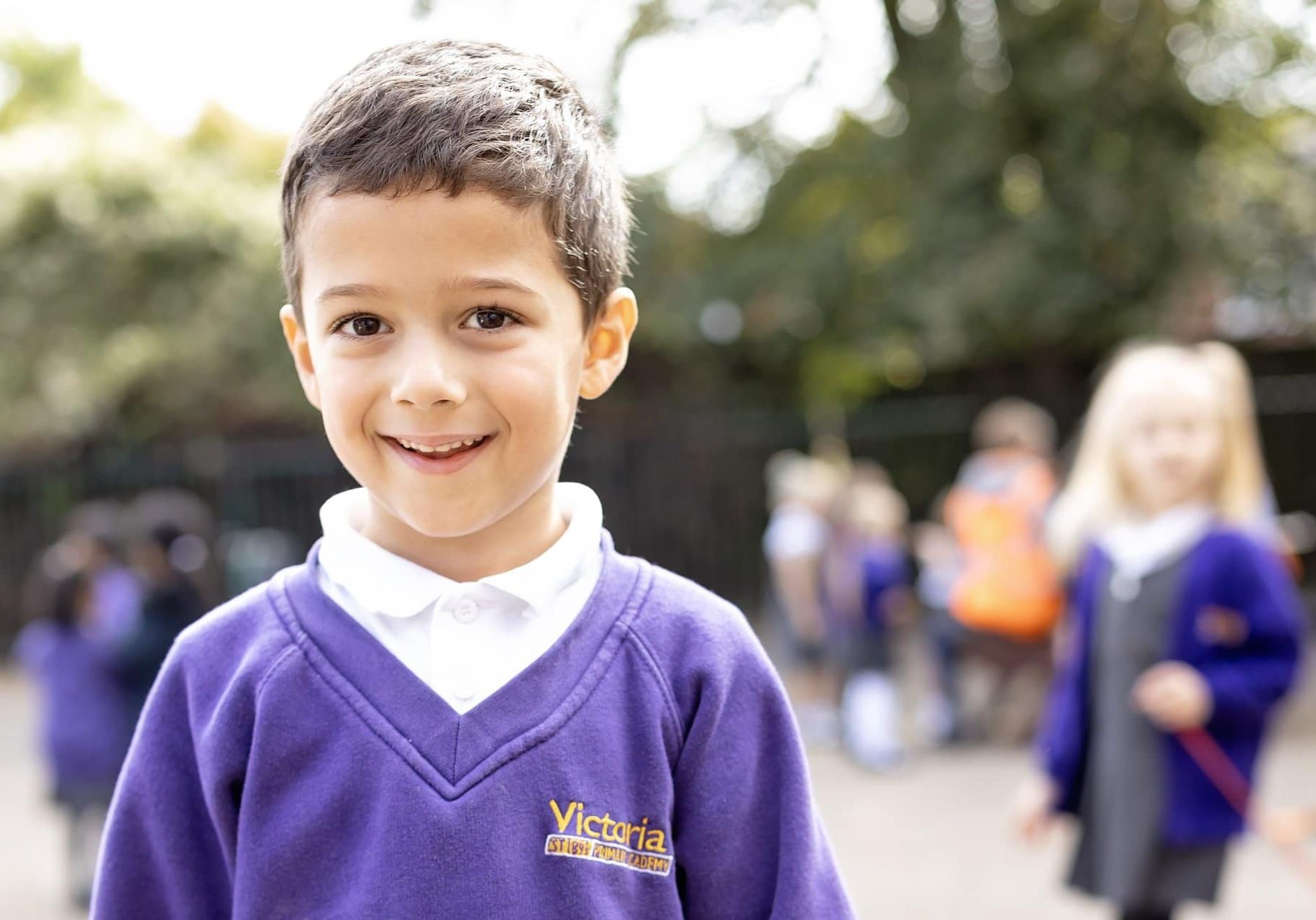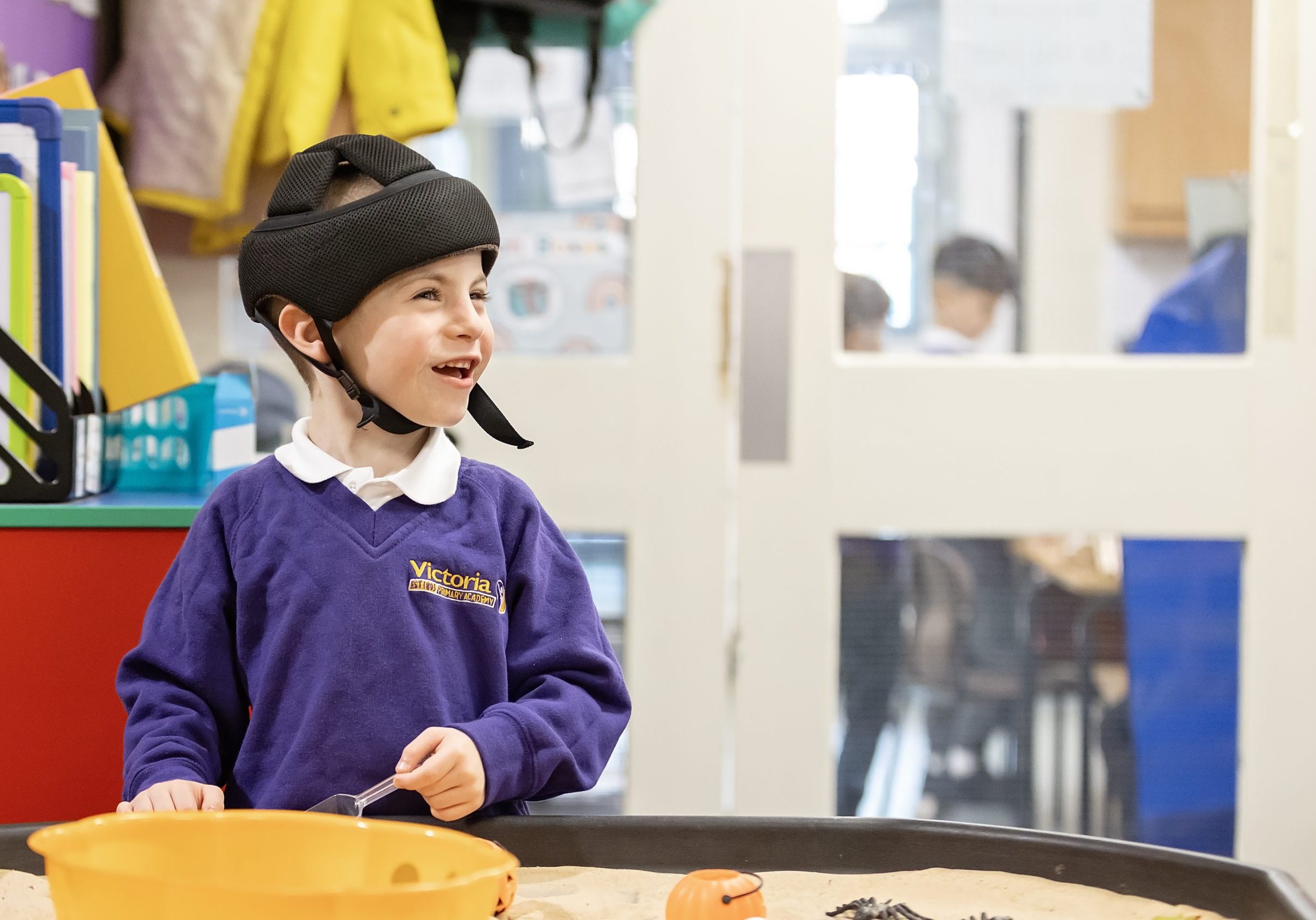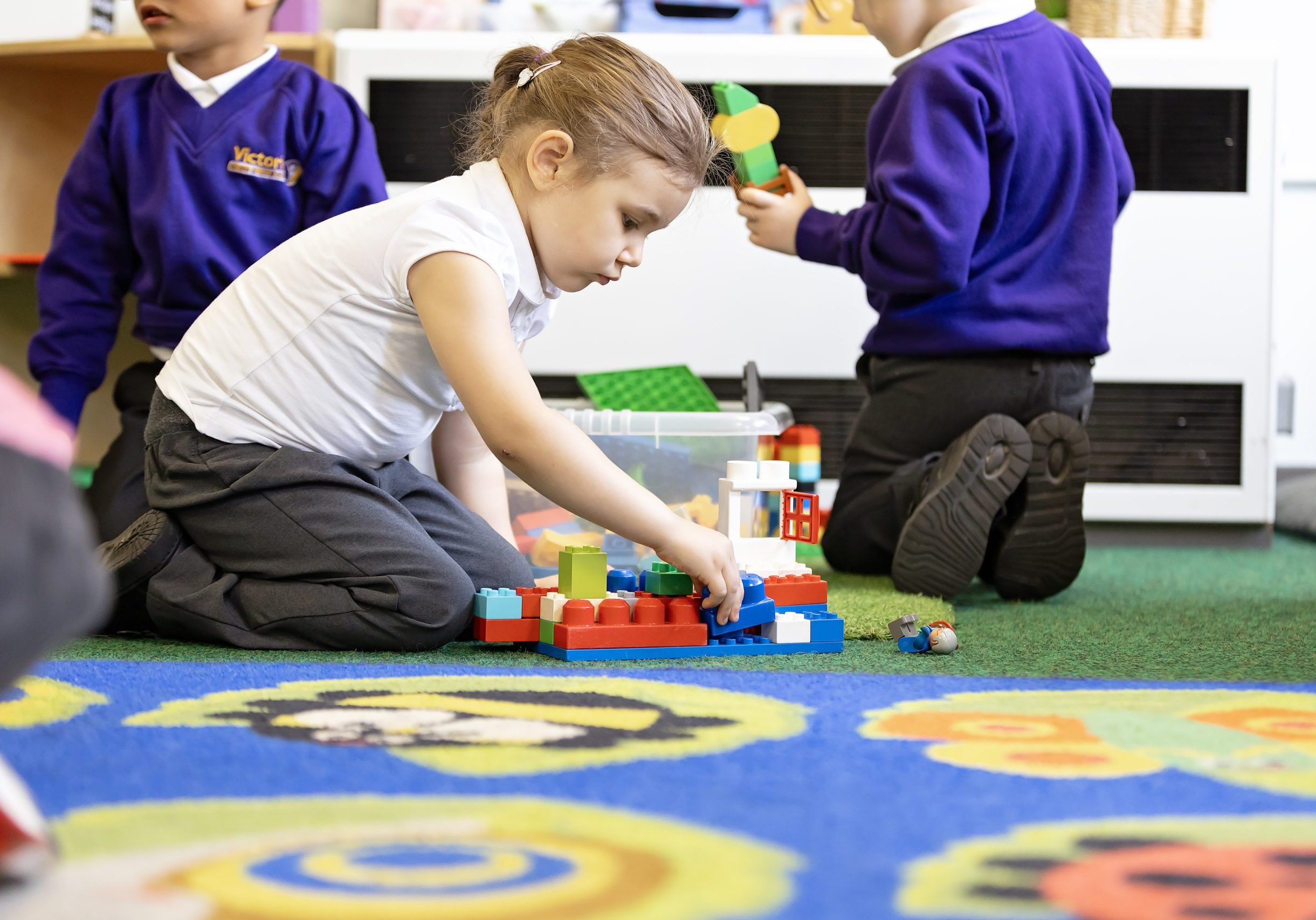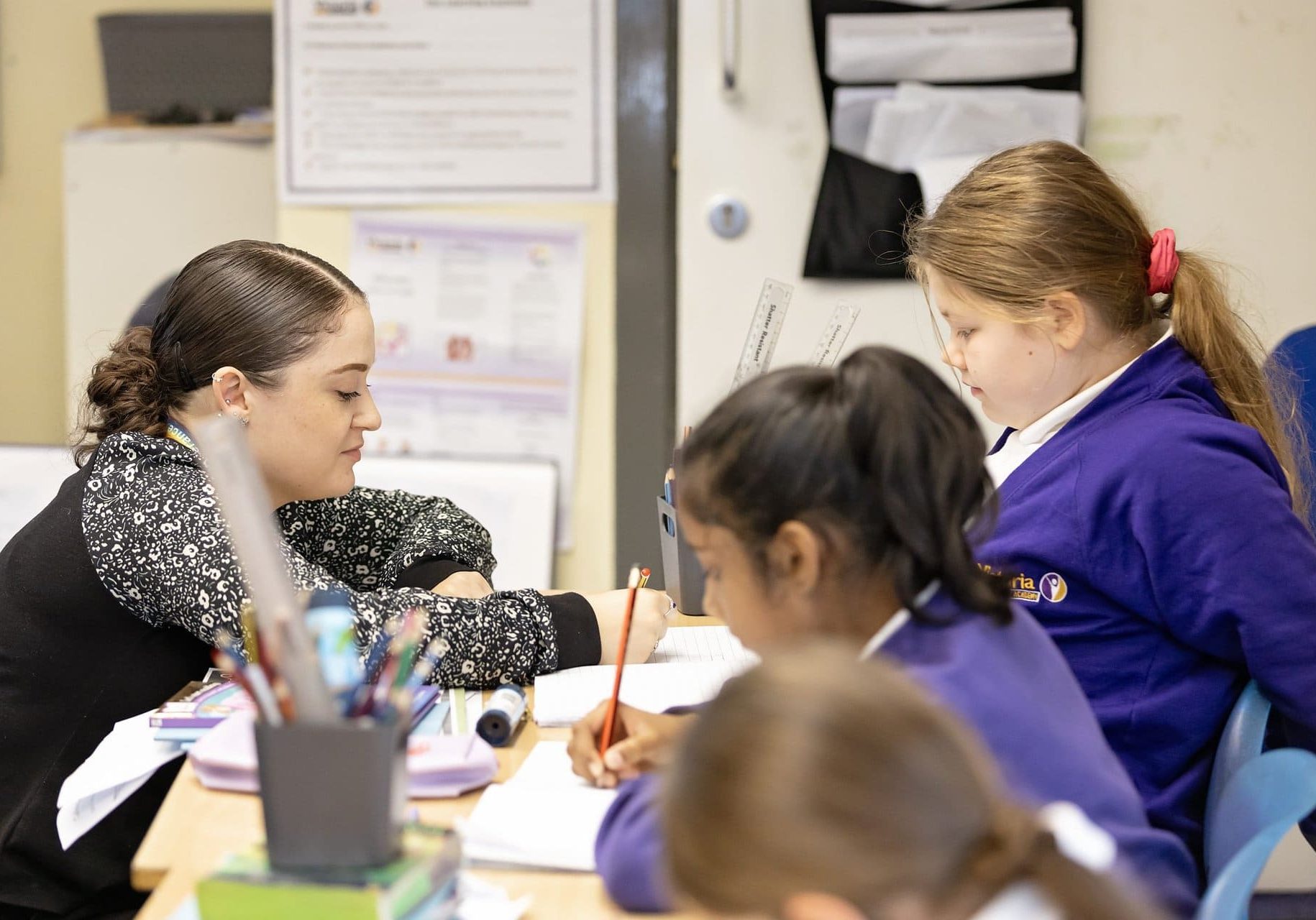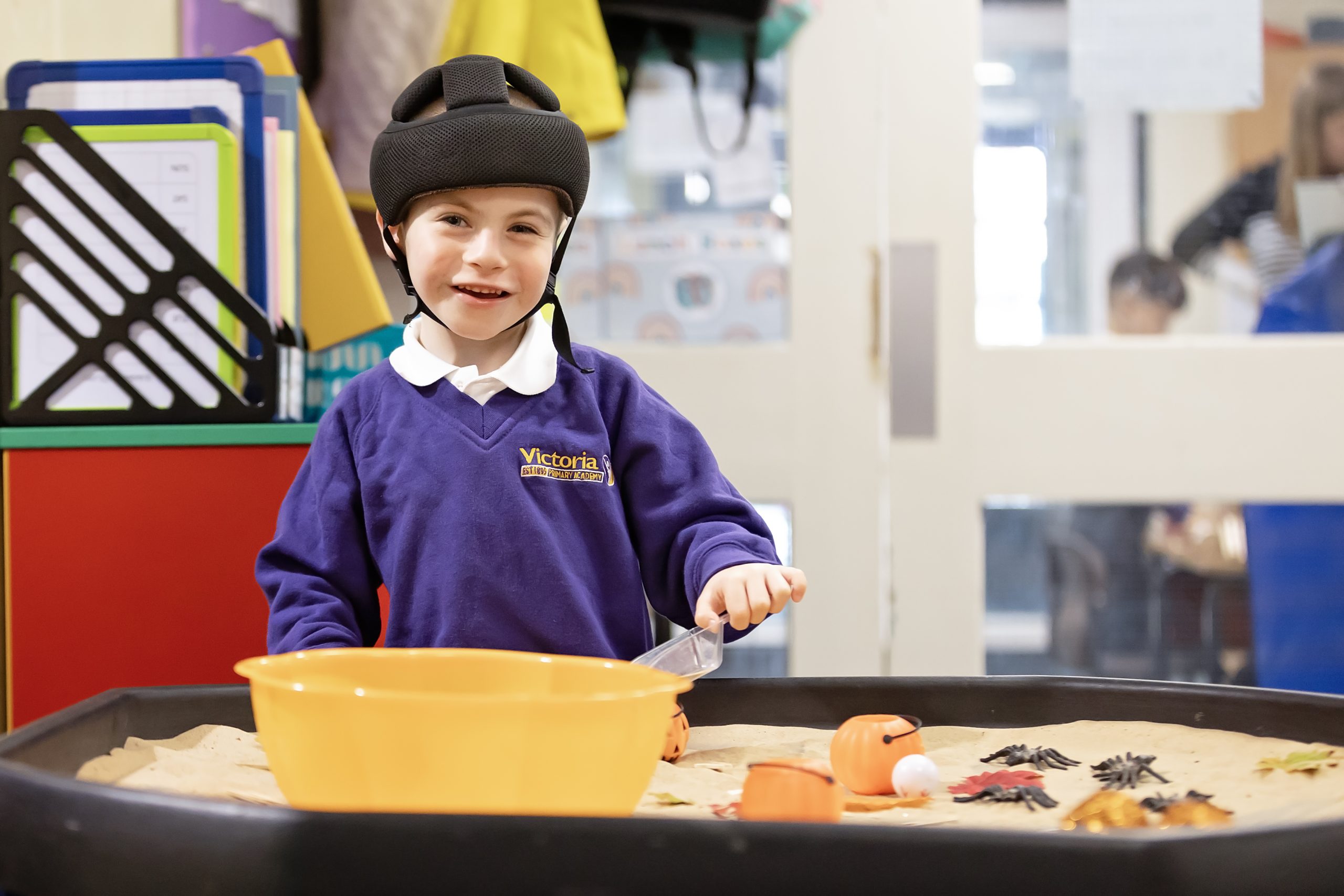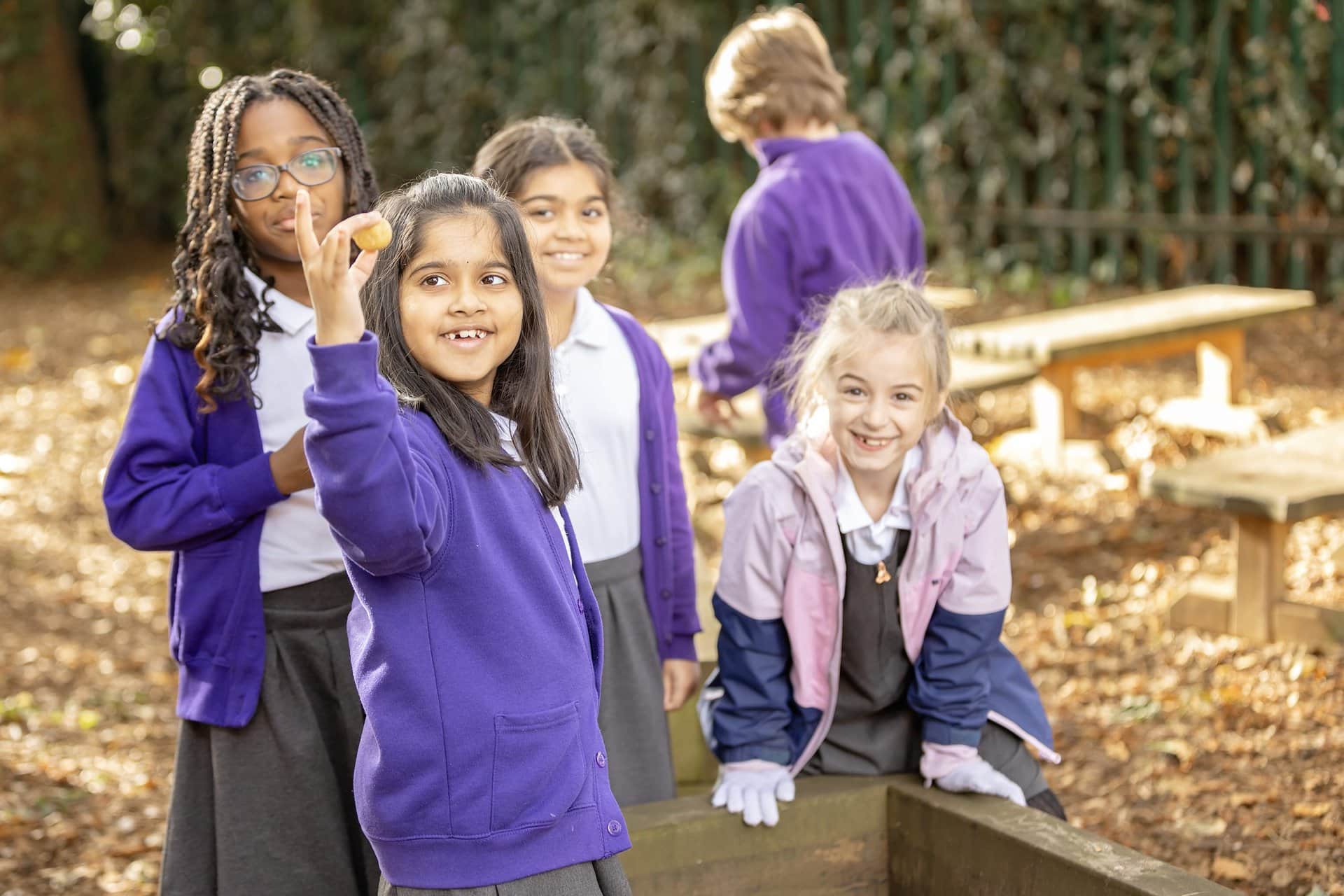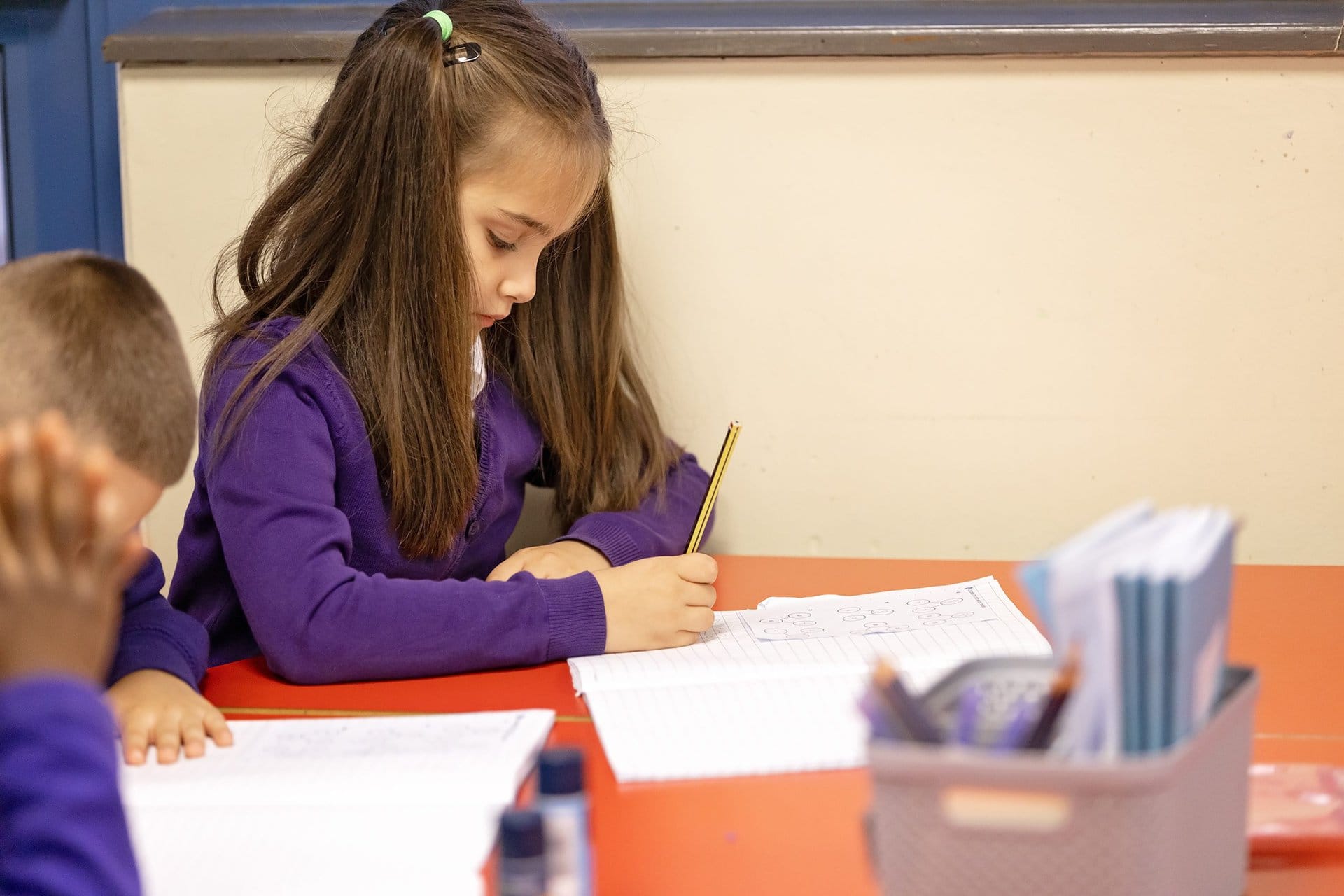Science
Curriculum Intent
| At Victoria Primary Academy we believe that a high quality science curriculum builds the foundations for understanding the world through the scientific disciplines of chemistry, biology and physics. Science has changed our lives and is vital to the future prosperity of the world. Our pupils are taught essential aspects of the knowledge, methods, processes and uses of science. Through building knowledge and understanding, children will be able to recognise the power of rational explanation.
CUSP Science, which we use to underpin our Science Curriculum, has sequenced the national curriculum into meaningful and connected ‘chunks’ of content to reduce the load on the working memory as well as creating coherent and strong long-term memories. The sequence of substantive and disciplinary knowledge enables pupils to become ‘more expert’ with each study and grow an ever broadening and coherent mental model of the subject. This guards against superficial, disconnected and fragmented scientific knowledge and weak disciplinary knowledge. The curriculum deliberately pays attention and values the importance of subject content as well as the context it is taught in. Common scientific misconceptions are identified in all CUSP Science learning modules. These misconceptions are made explicit to pupils. Children draw upon substantive and disciplinary knowledge to reason and practise acquiring the conception, whilst repelling the misconceptions. Examples and non-examples are powerful ways of saying what something is and what something isn’t. Vocabulary We know that the quality and variety of language are key in developing scientific vocabulary and the ability to articulate scientific concepts. Therefore, building pupils’ scientific vocabulary is a vital part of our curriculum which is built on as children progress through school. All children are taught to use and remember Tier 2 and Tier 3 vocabulary as part of their Science lessons. This supports children’s knowledge and understanding, not only of the topic they are studying, but of the world around them. High frequency, multiple meaning words (Tier 2) are taught explicitly and help make sense of subject specific words (Tier 3). Each learning module in science has a vocabulary module with teacher guidance, tasks and resources to enhance and deepen understanding Independent Learners We intend for all our pupils to develop a sense of curiosity and excitement about the natural world and understand how science can be used to explain what is occurring, predict how things behave and analyse reasons why. Science at Victoria allows children to become independent thinkers, to ask questions and seek answers and to make sense of the world around them through careful observation, investigation and applying scientific skills and processing. The curriculum is planned so that the retention of knowledge is much more than just ‘in the moment knowledge’. The cumulative nature of the curriculum is made memorable by the implementation of Bjork’s desirable difficulties, including retrieval and spaced retrieval practice, word building and deliberate practice tasks. This powerful interrelationship between structure and research-led practice is designed to increase substantive knowledge and accelerate learning within and between study modules. That means the foundational knowledge of the curriculum is positioned to ease the load on the working memory: new content is connected to prior learning. The effect of this cumulative model supports opportunities for children to associate and connect significant scientific concepts, over time, and with increasing expertise and knowledge. Working Scientifically Science lessons at Victoria are underpinned by our investigative (working scientifically) principles, which enable the substantive knowledge and concepts to develop. This is outlined in our curriculum as IPROF (Identifying and Classifying, Pattern Seeking, Reasearch, Observing Over Time, Fair and Comparative Testing). We include opportunities to learn outside, and to support an understanding of science in the real world. Curriculum Aims At Victoria Primary: · Children will develop scientific substantive and disciplinary knowledge in line with curriculum expectations from the Early Years Foundation Stage in Reception, and then the National Curriculum for Science in Key Stages 1 and 2. · Children will develop their knowledge and accurate use of scientific vocabulary. · Children will develop disciplinary knowledge that will allow them to understand how scientists think and work which are outline in our planning documents. · In Key Stages 1 and 2, in line with the National Curriculum, pupils will learn that there are a range of investigative approaches (identifying and classifying, pattern seeking, research, observing over time, and comparative and fair testing), and will develop their knowledge and ability to undertake each of these. · Children in Early Years will develop knowledge and understanding in relation to seasonal change, animals and humans, plants, and everyday materials, which set the foundations for learning in Key Stage 1. · Children in Key Stage 1 will develop knowledge and understanding of biological sciences and properties of materials, as outlined in the National Curriculum Programmes of Study · Children in Key Stage 2 will develop knowledge and understanding of biological sciences, properties of materials (leading into Chemistry at secondary school), and physical sciences, as outline in the National Curriculum Programmes of Study. · Children will also develop knowledge and understanding beyond the expectations of the National Curriculum, as outlined in our planning documents. · Children will use scientific vocabulary to describe and explain the world around them |
Implementation
Teaching a Broad and Balanced curriculum for educational recovery DfE June 2021 states:
The first step in adjusting the science curriculum is to identify the content in biology, chemistry and physics that is most important for enabling pupils to build up their knowledge of key scientific concepts.
At Key Stage 1:
- an example of content which will support future study is knowledge about herbivores because it allows pupils to learn about food chains in key stage 2. This, in turn, enables them to understand ecosystems in key stages 3 and 4.
At Key Stage 2:
- concepts that are beneficial to future study include, but are not limited to, forces, electricity, magnetism, materials and substance, reactions, nutrition, evolution and inheritance, ecosystems, properties and changes of materials.
The curriculum should also identify the most important procedures and concepts underpinning the scientific method that may not be as secure following remote teaching. Again, these decisions will be based on the role of these procedures and concepts in future study.
At Victoria Primary Academy:
- In the Early Years children will learn about the world around them through a mixture of carefully planned adult led and child initiated activities. Children are encouraged to engage with new learning, as adults set the scene and provide the context for learning, develop their understanding as they learn new information and skills, innovate by applying their skills and learning and express their ideas through reflective, evaluative talk. Learning in the Early Years centres on the belief that children learn better when their interests and fascinations are allowed to flourish. This allows pupils to develop knowledge and understanding in the four key substantive knowledge areas that we have defined.
- In Key Stages 1 and 2 planning is based on the CUSP Framework and is linked back to the National Curriculum for Science. It allows for depth of understanding and opportunities to make links between learning in science and other curriculum areas.
- In KS1 and KS2, we follow the CUSP curriculum model, delivered through the Hatton Academies Trust principles of pedagogy, as we believe this supports pupils to make conscious connections and to think hard, using what they know. Children connect new learning with prior knowledge and teachers explain learning clearly, sharing carefully chosen examples. Children attempt tasks with the support of the teacher and apply their learning independently. Children are challenged to think deeply about the content they are learning (CEEAAC). To achieve this we teach units in sequences that build over a number of weeks. Pupils across KS1 and KS2 will access a weekly Science lesson.
- Science specific vocabulary is taught explicitly and is displayed in all classrooms. This is linked to each area of science: biological sciences (biology), properties of materials (chemistry) and physical sciences (physics) and is progressive throughout the academy.
- Practical investigations are used in all year groups to enthuse and support pupil’s understanding. These are progressive throughout the academy and allow children to hypothesise, observe, record and explain findings using scientific vocabulary and techniques. The IPROF system is used to classify the different types of scientific investigation that are developed.
Pupils with additional needs are supported to access the learning as appropriate depending on their need. Pupils with physical disabilities may need access to specialist tools or resources. Some pupils will benefit from pre teaching of key vocabulary. Some pupils may benefit from additional time or support from an adult to complete their work.
Impact
As a result of our aspirational, challenging curriculum we expect our pupils to engage in dialogue about their scientific knowledge and understanding. We expect that our pupils will use the appropriate scientific vocabulary, and that their recall of substantive knowledge and concepts will be accurate, and reflect their prior learning at the relevant stage in the curriculum. Pupils will show good recall, and will be able to use their books as a resource to explain the detail of how they have learnt as well as what they have learnt.
Teachers routinely evaluate the impact of their teaching through:
- Low stakes quizzes that check for understanding and recall
- The connect element of the lesson which ensures children are reflecting on and recalling learning from previous lessons.
- Using the one-page feedback sheets that ensure misconceptions and errors are identified quickly and addressed as soon as possible.
- Periodic reviews of learning in books conducted with children in their class.
Leaders routinely evaluate the impact of our curriculum through scheduled monitoring and evaluation that includes:
- Pupil conversations, with their books available to them.
- Lesson visits, which include dialogue before and after with staff.
- Planning reviews
Staff conversations, both individually and collaboratively, which focus on reviewing the impact of teaching.
Subject Leader
For more information, please contact the Science Subject Leader:
Miss J Costanzo
costanzoj@victoriaprimaryacademy.org.uk
Useful Documents
Science Subject Coverage Map for Key Stage 1 and 2

